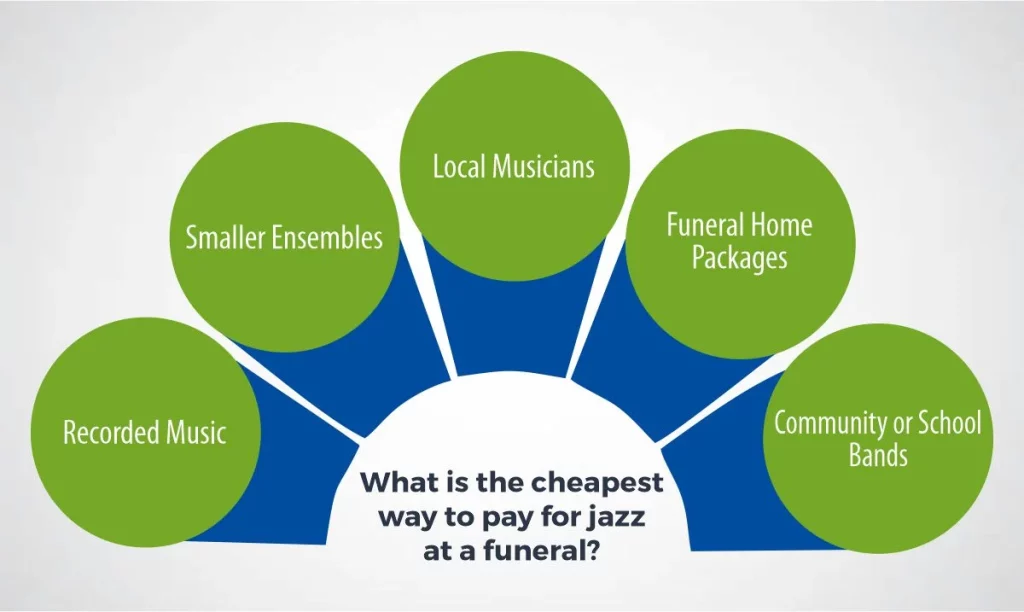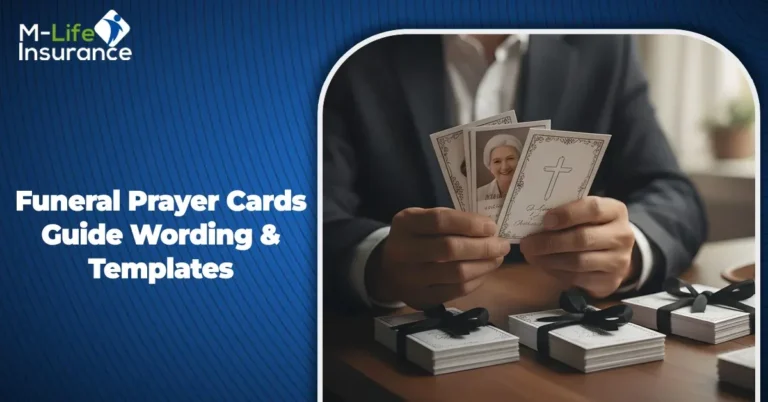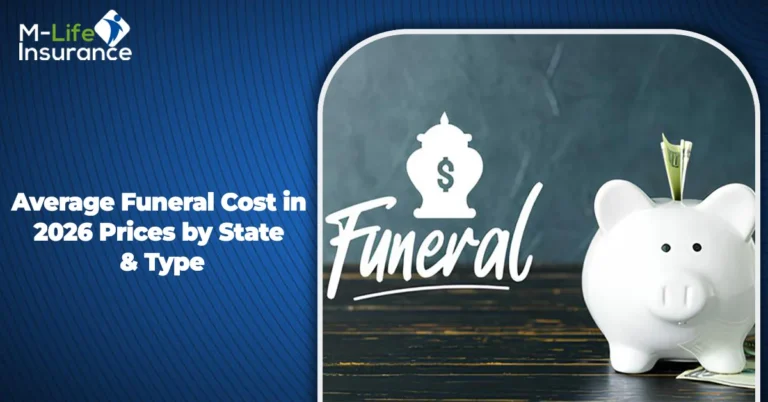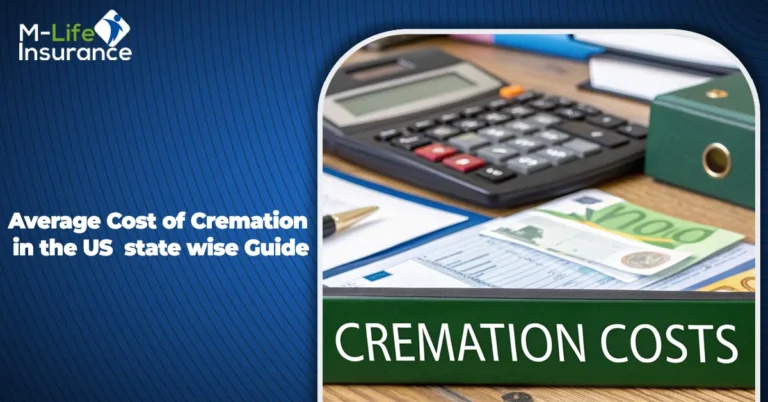As life’s symphony plays its diverse tunes, we find moments both joyful and somber along the journey. In the intricate tapestry of existence, music often becomes the canvas on which we paint our emotions, especially in times of bidding farewell to those we cherish. Jazz, with its soul-stirring melodies and vibrant rhythms, weaves a poignant tale of honoring lives and celebrating legacies.
Imagine a tribute where melodies speak volumes, where trumpets echo memories, and where drums beat the rhythm of a life well-lived. Jazz, a genre synonymous with both melancholy and exuberance, finds a unique place in the solemnity and celebration of funerals.
In this article, we unravel the touching connection between jazz and final farewells, exploring its significance, modern choices, and the practicalities of honoring loved ones, ensuring their stories resonate through the powerful medium of music.
Exploring the Top 10 Modern Jazz for Funerals Choices
When commemorating a life through music, selecting the right melody is akin to painting a canvas of cherished memories and heartfelt emotions. In the realm of modern jazz, a myriad of soulful compositions stands as poignant choices for honoring departed souls.
These top 10 modern funeral jazz music selections encapsulate a spectrum of emotions, serving as a heartfelt tribute to a life well-lived.
- “My Funny Valentine” by Chet Baker: This hauntingly beautiful ballad resonates with its melancholic yet tender notes, expressing love and admiration.
- “God Bless the Child” by Billie Holiday: Billie Holiday’s soulful rendition embodies resilience and self-reliance, delivering a powerful message of strength and hope.
- “Goodbye Pork Pie Hat” by Charles Mingus: This evocative piece evokes introspection and contemplation, honoring the complexities of life’s journey.
- “Blue in Green” by Miles Davis: An emotional masterpiece, this composition delicately captures the essence of introspection and longing.
- “A Night in Tunisia” by Dizzy Gillespie: Its vibrant rhythms and dynamic melodies pay homage to the vibrancy and vivacity of life.
- “Peace” by Horace Silver: Reflective and serene, this piece encapsulates tranquility and a sense of closure.
- “Skylark” by Johnny Mercer and Hoagy Carmichael: This classic jazz standard exudes nostalgia and fond reminiscence.
- “In a Sentimental Mood” by Duke Ellington: A soulful and tender melody that speaks volumes about love, memories, and cherished moments.
- “Lush Life” by Billy Strayhorn: Its lyrical poignancy and emotional depth make it a touching tribute to a life well-lived.
- “Song for My Father” by Horace Silver: Celebrating the paternal bond, this joyful yet heartfelt composition pays homage to familial love and guidance.
Each of these selections embodies the essence of jazz, offering a touching and personal way to bid farewell while celebrating a unique life’s journey.

What is the cheapest way to pay for jazz at a funeral?
The cost of incorporating jazz music into a funeral can vary based on several factors, including the type of musical arrangement, the number of musicians involved, and the duration of the performance. However, there are several cost-effective ways to incorporate jazz into a funeral service:
1- Recorded Music
Opting for recorded jazz music or using a playlist curated with jazz compositions can be one of the most economical options. With digital platforms and streaming services, assembling a personalized collection of jazz pieces is accessible and budget-friendly.
2- Smaller Ensembles
Consider hiring smaller jazz ensembles or solo musicians rather than a full band. A jazz trio, quartet, or solo performer can deliver beautiful renditions while being more affordable than a larger group.
3- Local Musicians
Engaging local jazz musicians or bands might be more cost-effective than bringing in performers from afar, considering reduced travel expenses and potentially lower fees.
4- Funeral Home Packages
Some funeral homes offer music arrangements as part of their service packages. Inquire about these offerings, as they might provide cost-effective solutions that align with your musical preferences.
5- Community or School Bands
Reach out to local community bands or school music programs. They might have talented musicians willing to perform at a reduced cost or even as a charitable gesture to support the community during a funeral service.
By exploring these cost-effective options, it’s possible to incorporate the heartfelt melodies of jazz into a funeral service without straining the budget, ensuring a meaningful and respectful tribute to the departed.
How Much Does Life Isurance Cost?
What is a New Orleans-style funeral called?
A New Orleans-style funeral, deeply entrenched in the vibrant culture and traditions of the city, is commonly known as a “Jazz Funeral” or “Funeral with Jazz.” This unique and culturally significant ceremony blends mournful remembrance with spirited celebration, honoring the life of the departed in a distinctively joyous manner.
The Jazz for Funeral typically comprises two main parts: the solemn procession to the cemetery and the lively procession back, known as the “Second Line.” During the initial procession, mourners walk behind the casket accompanied by slow, mournful music, often hymns or dirges, conveying reverence and respect. However, as the procession concludes and the departed is laid to rest, the atmosphere transforms into a jubilant celebration during the Second Line, marked by upbeat jazz music, dancing, and revelry.
This tradition reflects the spirit of New Orleans, where the community comes together to bid a spirited and joyful farewell, celebrating the life and legacy of the departed through music, dance, and communal solidarity.
What music is played at jazz funerals?
Jazz funerals are characterized by a diverse selection of music that blends somber tones with celebratory rhythms. The music played at jazz funerals encompasses a mix of mournful tunes and uplifting, spirited melodies, reflecting the dual nature of the ceremony as both a solemn remembrance and a joyful celebration of life.
During the initial procession to the cemetery, mournful and slow-paced music sets a reverent tone. This part of the funeral typically features somber hymns, dirges, or spirituals performed by brass bands or other musical ensembles. These tunes evoke a sense of reflection, paying tribute to the departed and expressing the solemnity of the occasion.
However, as the ceremony concludes and the deceased is laid to rest, the atmosphere shifts dramatically. The Second Line procession, following the burial, transforms into a joyous celebration marked by lively and upbeat jazz music.
Brass bands often lead the Second Line, performing exuberant jazz tunes, including traditional New Orleans jazz, blues, or other joyful compositions. This transition symbolizes a shift from mourning to honoring the life lived, inviting participants to dance, sing, and celebrate the departed’s journey with a spirited and uplifting ambiance.
Why is jazz for funerals important?
Funeral jazz music holds profound cultural and emotional significance, playing a vital role in the communities that uphold this tradition. Several reasons contribute to the importance of jazz funerals:
Honoring Tradition
Jazz funerals are deeply rooted in the cultural heritage of New Orleans and have been practiced for centuries. They represent a unique and cherished tradition that celebrates life, community, and the rich musical heritage of the region.
Celebration of Life
These funerals blend mourning with celebration. They honor the life and legacy of the departed by transitioning from solemnity to a joyous celebration, reflecting the belief that death is not the end but a continuation of the spirit.
Community Bonding
Jazz funerals bring communities together. They serve as a unifying force, allowing friends, family, and neighbors to gather, mourn collectively, and support each other during a time of loss.
Musical Heritage
New Orleans is renowned for its musical legacy, especially jazz. Jazz funerals showcase this musical heritage by incorporating live performances of jazz music, preserving and passing down these musical traditions from generation to generation.
Expressing Emotions
They offer a unique outlet for expressing emotions. Jazz music has the ability to convey a wide range of feelings, allowing mourners to grieve, reminisce, and find solace in the power of music.
Respecting the Departed
Jazz funerals provide a personalized and meaningful farewell. They allow for a customized tribute tailored to the preferences and life of the departed, ensuring a dignified and heartfelt send-off.
Overall, jazz funerals are important as they embody a cultural heritage, provide a platform for emotional expression, foster community unity, and offer a profound and respectful way to honor and celebrate the lives of those who have passed away.
How much does a jazz funeral cost?
The cost of a jazz funeral can vary significantly based on several factors, including location, specific arrangements, the size of the band or musical ensemble, duration, and additional services requested. Generally, the expenses associated with a jazz funeral may include:
Musicians’ Fees
The fees for hiring musicians, especially a brass band or jazz ensemble, can vary based on their experience, reputation, and the number of performers.
Funeral Home Costs
If the funeral home assists in arranging the music or coordinating the procession, there might be additional fees for these services.
Transportation
Costs associated with transporting the musicians, equipment, and possibly the deceased to and from the funeral venue and burial site.
Other Arrangements
Additional expenses might arise from obtaining permits, acquiring necessary equipment or instruments, or hiring a vocalist if desired.
On average, the cost of a jazz funeral can range from a few hundred to several thousand dollars, depending on the aforementioned factors. It’s advisable to discuss specific preferences and budget considerations with the funeral home or musical performers to determine the most suitable arrangements within the desired budget.
Conclusion
Jazz for funerals intertwine to create a touching tribute to those we’ve lost, offering a blend of heartfelt remembrance and cultural celebration. Whether through poignant melodies or lively tunes, the power of music in honoring lives remains unparalleled.
As we navigate the emotional complexities of bidding farewell to our loved ones, understanding the significance of jazz for funerals and considering practical solutions like final expense insurance can ease the burden, allowing us to focus on cherishing precious memories and celebrating a life well-lived.
FAQs
1- What is a first-line jazz funeral?
In New Orleans, the “first line” refers to the main section of a parade or procession, which includes the brass band and the family of the deceased. The first line leads the way, setting the tone for the funeral procession.
2- How does funeral jazz music services evoke emotional depth and resonance?
Jazz for funeral services brings a poignant depth, resonating with both solemnity and celebration. Its diverse melodies offer a personalized touch, allowing mourners to express emotions through carefully chosen compositions.
3- What is the difference between a jazz funeral and the second line?
While both are deeply rooted in New Orleans culture, a jazz funeral is a specific type of funeral that includes a procession to the cemetery with music, while the second line refers to the celebratory parade that follows the funeral, marked by lively music, dancing, and revelry.
4- Can jazz for funerals be customized to reflect the unique individuality of the departed?
Certainly, jazz for funerals offers a versatile canvas to tailor a service, reflecting the distinct essence of the departed. With its wide repertoire, jazz allows a personalized selection of compositions mirroring the deceased’s personality, passions, and life experiences.

Joyce Espinoza, Expert Life Insurance Agent
Joyce Espinoza is a trusted life insurance agent at mLifeInsurance.com. She’s been in the insurance industry for over ten years, helping people, especially those with special health conditions to find the right coverage. At MLife Insurance, Joyce writes easy-to-understand articles that help readers make smart choices about life insurance. Previously, she worked directly with clients at Mlife Insurance, advising nearly 3,000 of them on life insurance options.





